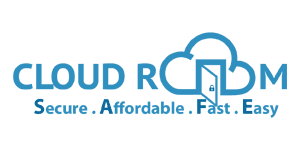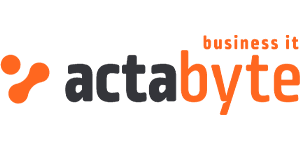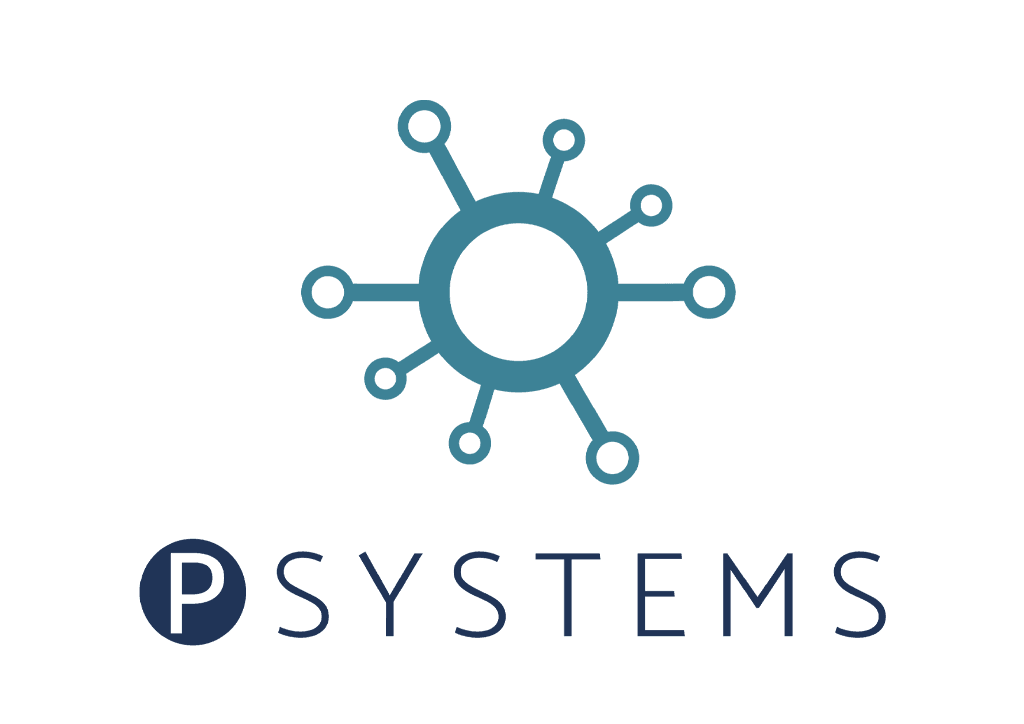Every time we do something in the digital world, and even in real life, little traces of information are collected and stored by companies or institutions. In fact, it’s almost impossible to imagine how much of our data is out there, let alone what those institutions are doing with that data. They might use it to make decisions about their products, to tailor their marketing efforts to your interests, or as a revenue stream from selling it to third parties.
The thing is, this data collection is happening a lot more often than we know, even though there’s no real need for it. Take Tesla. Their main product is electric vehicles, right? Sure. But they are also collecting a massive wealth of first-party data from their cars that they can then sell to other organisations.
From driving trends and what music people listen to in the car, to whether your neighbour walks past your driveway every day or not, this is all information that the car’s smart sensors and cameras can gather and send back to the company.
Whether we like it or not, the notion that we can control what happens with our personal data – whether that’s our phone number or a footage of us crossing the street – feels unreachable. But that shouldn’t be the case.
As customers become more aware of the dangers of their personal information being out in the open, they want more control over how their information is sourced, handled, and stored — and rightly so. It’s important that companies address these concerns, while still finding a way to gather important insights from customer behaviours. This tricky balance can be accomplished by cleansing personally identifiable information from data sets, for example, and storing data on private cloud infrastructure that’s less accessible and compromisable.
There are already some important shifts happening to protect user data at various levels. Regional governments in Belgium have proposed the concept of a digital vault for citizens, where citizens can manage their own personal data and grant access to third parties when and if they wish to. This approach is focused on providing self-sovereignty of data, and initial phases of the project have already undergone a proof of concept.
On a more global scale, last year, Apple launched an update that gave users the option to block their identifier for advertisers (IDFA) data on an app-by-app level. This meant that apps had to actively ask iPhone users for permission to collect and share their personal data – and a whopping 96% of people chose not to give it.
These are changes that will hopefully mark a new age for data collection and management, as they put the customer first and prioritise their needs. For companies that are just starting to build their tech stack, these are important considerations. There’s an important opportunity to align themselves with these changes and take a proactive step towards data control and protection that helps them garner customer trust from the get go.
If you’d like to talk to us about what private cloud environment could best set you up for success, get in touch.
















